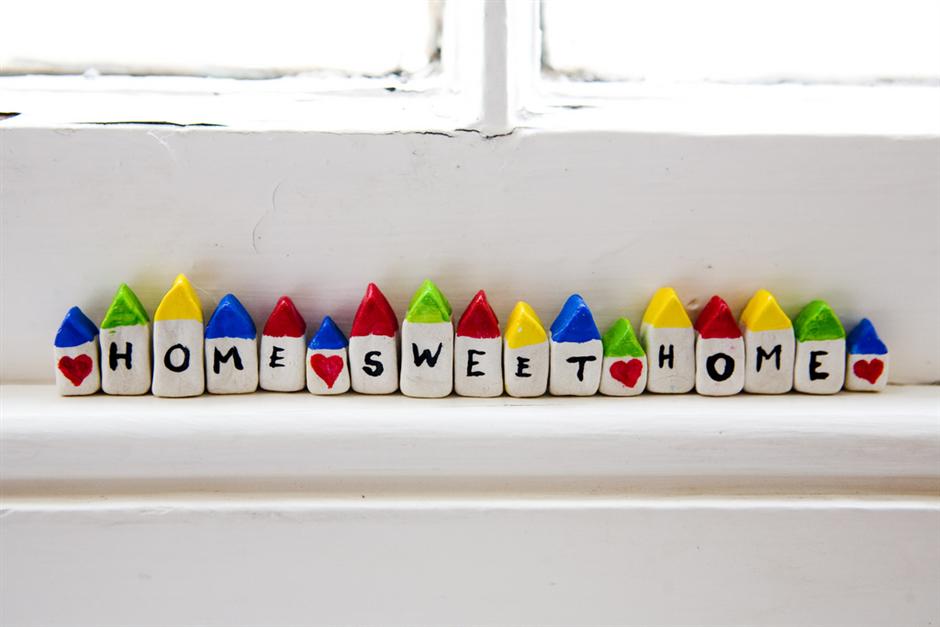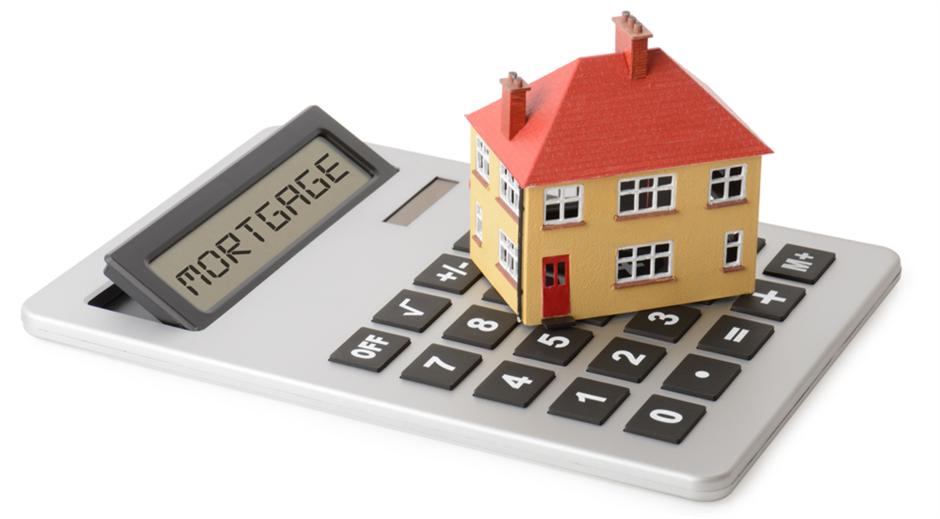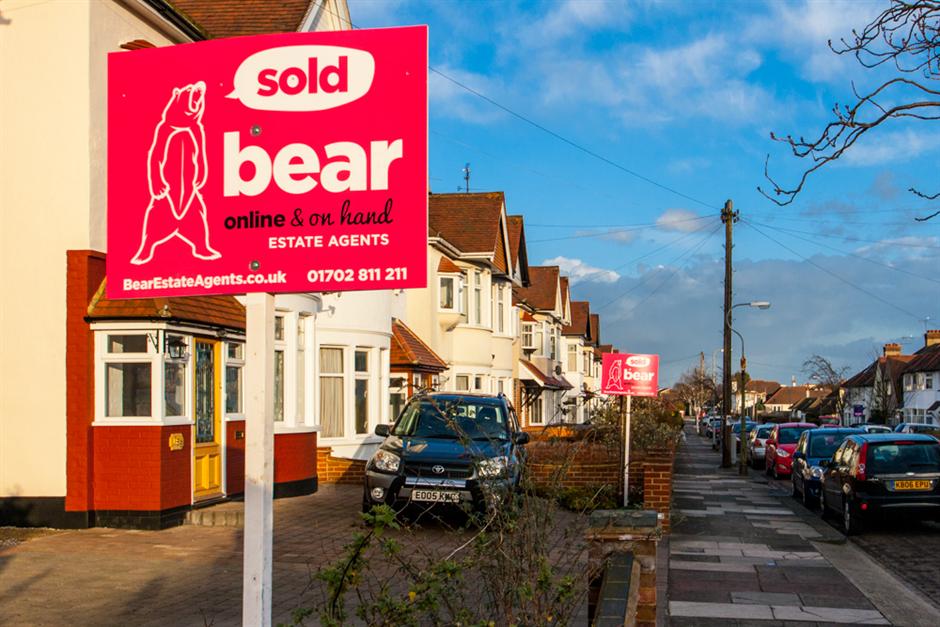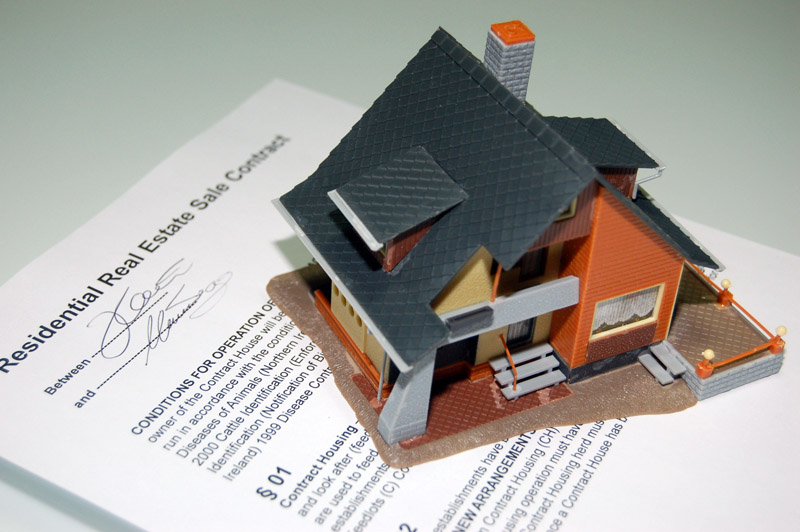
Are we Buying or Renting our Homes in 2014?
- By Sharon Harris | Wednesday, October 29, 2014
It’s an accepted belief that the British love to own their own homes, unlike their counterparts across the channel who seem to be happy to rent. Yet, historically, when housing statistics are researched, after the 1st World War, only 23%of households owned their homes. Fifty three years later, in 1971, there could be seen an approximate 50/50 split between those who owned and those who rented houses. Once the ‘Right to Buy’ scheme was introduced in 1981, allowing social housing to be bought by the people who had been renting it, the previous equal split started to move in favour of the owner/occupier, so that by 2001, 69% of people were in their own houses.
The British love affair with owning their own house can be clearly seen. So where are we now?
Well it seems that 69% in 2001 really was a peak, because since then, in the last decade, it has fallen to 64% and the 5% has gone over to renting. Changes in rental laws has increased the numbers of private renting sector housing and whilst Local authority housing has diminished, housing associations numbers have increased. The numbers of dwellings have actually increased by 8% from 2001 to the beginning of 2012 yet the numbers of houses built in the UK is on an ever decreasing downward trend.
So this all helps to make property expensive. Those of us who are old enough to remember the early 90’s property crash with its mortgage interest rest rates of 15% and prices of property dropping by up to half of its previous value, may be feeling a little nervous of the high prices seen in London and the Southeast at present. Though this does seem to be levelling off, these high prices do seem to be underwritten by low interest rates. If they’re not nervous for themselves, than their probably nervous for their offspring currently living with them whilst saving for that huge deposit needed to get their feet on the first rung of the property buying ladder. The ‘Bank of Mum & Dad’ may be making it possible for them to save, but their desperation to set up their own home is a driving force. Of course, if this generation can’t stay somewhere cheaply, than there’s little choice but to rent and whilst private rents aren’t rising in the same way as house prices have been, it’s still expensive, especially if you have a student loan around your neck, too.
Difficulties facing first time buyers are three fold. House prices have increased by approximately 96% between 2001-2011 and more in the last two years. This means larger deposits are needed. Lending requirements have been made stricter as the Government doesn’t want to see a repeat of negative equity horror stories of the 1990’s. 100% mortgages are disappearing and set this against a background of rising inflation and declining wage growth, there seems to be an increasing need for high loan to value mortgages.
‘Help to Buy’ is a Government scheme that can help towards a deposit for first time buyers as well as guarantee the lenders’ payments are made by the buyer for a fixed time. Whilst this is helping some, 27,861 homes have been sold under ‘help to buy’, up until March, 2014, this is only a small proportion of approximately 500,000 UK homes sold. Worryingly, a few of those homes were bought with this help, even though their household income was above £100,000. Obvious changes are needed to be made! Nevertheless, this is important help for first time buyers and should be sought before it disappears.
It would seem that whilst the numbers of home owners have dropped and the private renting market has increased, there is no lack of demand for home ownership. The extent of this desire is reflected in those high loan to value mortgages. Getting that foot on the first rung is truly difficult but forever paying a landlord and having nothing to show for it, is innocuous to many.
Once upon a time the square footage measurement of your property would be a good indicator of the price, but now? As we have all seen, location is king when buying a property. What do you do, however, when that beautifully presented shoebox in the longed for neighbourhood becomes too costly or house prices plummet? Sell, stay, and get two jobs? At least that larger property in the unknown part of town will allow for a few paying houseguests!
We know that in the long term, the very long term, the price of property just gets higher. The only real financial investment that many people make in their lives will be buying their own house. If we do it wisely, by choosing a property that is value for money and not artificially priced high and if we do it with the help of government schemes, or by sharing with others, than we must do it. It would be very difficult to find an example of a person who had been in their own home for decades, who had lost out on the deal. Buying your own home isn’t easy, but buying wisely will always be worth it.
All statistics taken from Office for National Statistics
Help us to Share
Please take a moment to help us share this blog by clicking one of the social buttons below.
Thanks for reading, Sharon Harris.
Don't forget to follow us on Twitter: @BearEstateAgent
< Back to Bear Shouts















